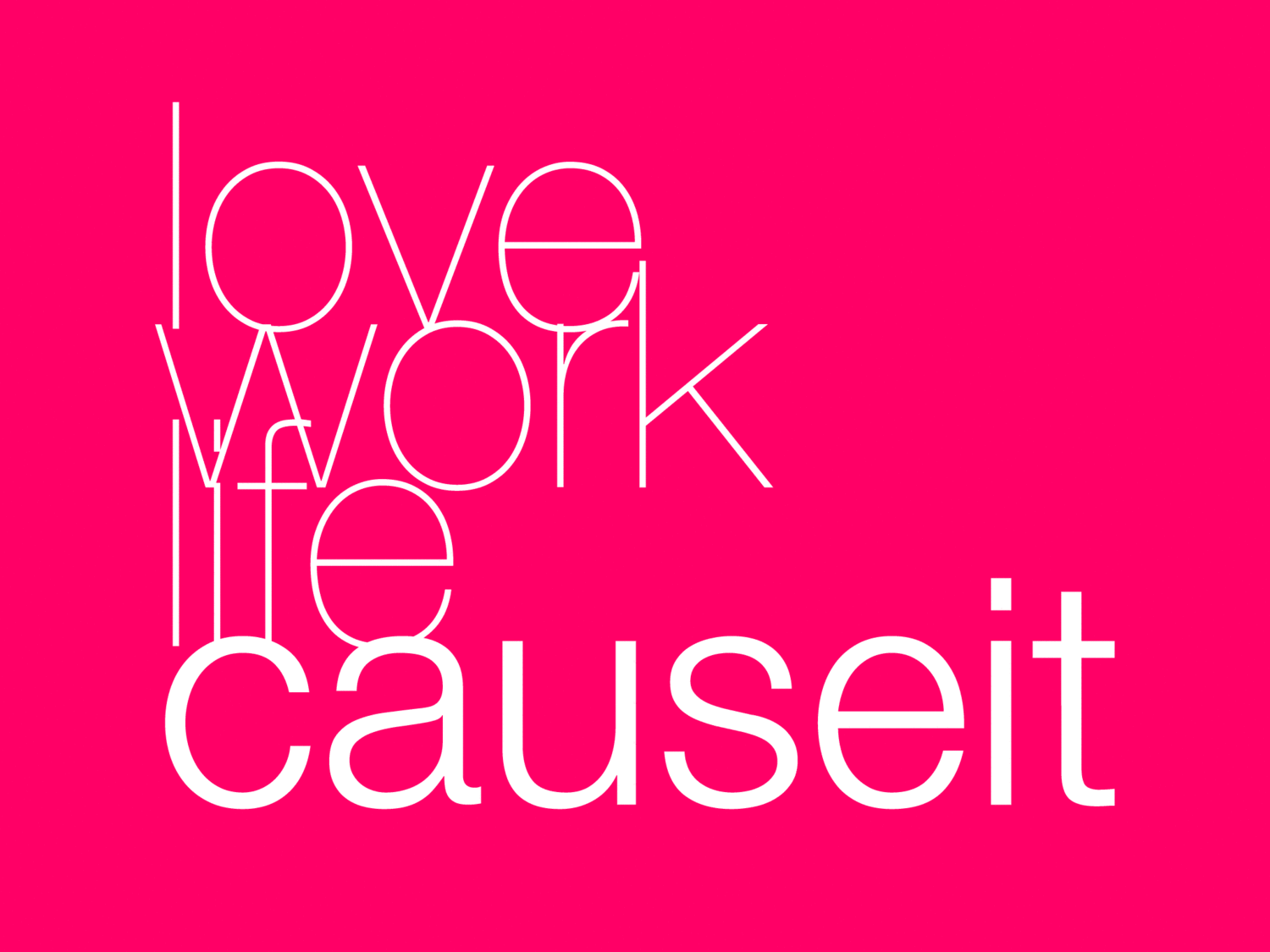John Hagel and John Seely Brown discuss the impact and opportunities of the future of the business landscape.
How Branding is Moving from Push to Pull — Interview with Mark Bonchek
Organizations: The Need to Become More Networked — Interview with Mark Bonchek
Empowering through Leadership, Not Control — Interview with Mark Bonchek
How Communication is Shifting from Audience to Community — Interview with Mark Bonchek
Crafting an Effective Company Narrative — Interview with Mark Bonchek
Mark Bonchek Talks Doctrine and Decision-Making
The Social Network of Things - MJ unpacks the core ideas of the SNT in this recent interview with TIA
During his recent visit to talk with members of the Telecom Industry Association, MJ was interviewed about cyborg anthropology, digital business platforms, innovation and the Social Network of Things. In this nine minute video, he unpacks some of the core concepts, opportunities and challenges that we are engaging with in our current work:
- What is the Social Network of Things, and why is it important?
- What does it mean to move from IT as a utility to informatics as a capability?
- How do shifts in how technology is used—and what it's capable of—change the way companies do business with each other and with their customers?
The Way our Pasts Shape our Careers
Intellectual Property, DNA and Innovation Viruses: Julie Sammons
I keep coming back to the question of "how does nature handle IP?" The closest I can think of is our creation of APIs. Organisms don't walk around with their genetic code sort of displayed for everyone to see, what makes them unique. But there is massive and constant interaction between organisms and their environment, and exchange of information. I think APIs, in a way, are sort of an interesting way of thinking about that. You display enough information about your internal code that others can really interact [with it], and build upon it effectively, without giving away the whole farm—which probably wouldn't even be useful. The other organisms don't even need to know your entire code. That piece is interesting to me.
Doctrine: Downloading Wisdom for Agility and Effective Improvisation
Doctrine sits in between strategy and plans. It is more specific than the strategy, but also more versatile than plans, or rules. Think of it as heuristics, or guidelines: the purpose of doctrine is to enable an individual to know what to do in a situation that's consistent with the strategy and achieves the objectives of a plan, but with flexibility, with autonomy, for the individual, in the circumstance. And the creation of effective business doctrine, I believe is going to be critical for the transition of business in the next century.
The Shift from Push to Pull: Creating an Orbit
One of the greatest shifts we're seeing today is a shift from push to pull. We're in a world now where our customers and our employees don't need us the way that they used to. It used to be that we needed to advertise, we needed to promote, we needed to push information out to people, so that they knew who we are, what we sell, why they should buy from us
Caring: The Missing Ingredient
I think the biggest missing ingredient for leaders is caring. At some point along the line, they stop caring—about their teams, about the company, about their customers, and it becomes a matter of just executing actions. I think when leaders reconnect with why they're doing what they're doing, the difference that it makes in the world and allow themselves to open their mind and their heart and take action based on those, that's when things really start to happen. Because it becomes inviting to people. That's what becomes open and transparent.
Social Enterprise as a Listening Tool
And what I would say is that there is a unique opportunity right now for companies to, as a first step, to start to embrace the social enterprise—because what that does is that gets the value of the human component quantified, and from there we start to make decisions, we start to put in structures that are not 100% based on just what the profit and revenue growth are. Those things become an end, an outcome.


![Hagel and Brown on Fragmentation and Concentration of the Business Landscape [VIDEO]](https://images.squarespace-cdn.com/content/v1/500a17fce4b016a023c03626/1420747385907-KVCE3L8LS44WP42FXTAT/image-asset.jpeg)








